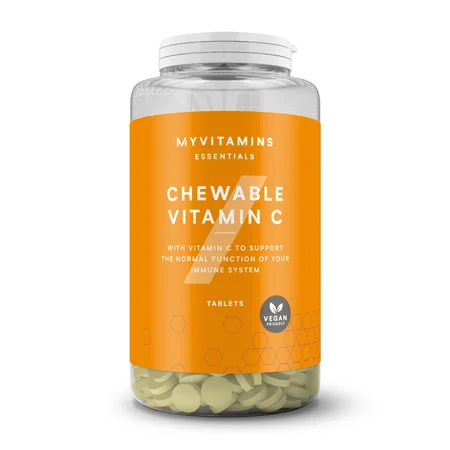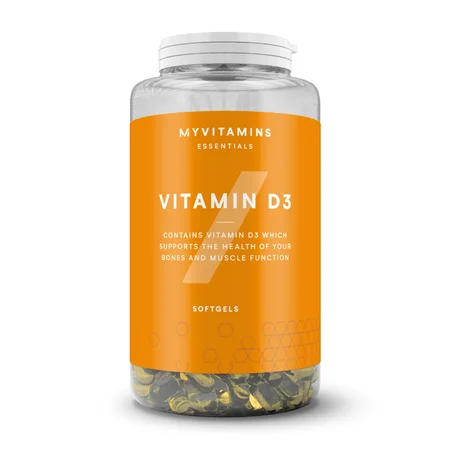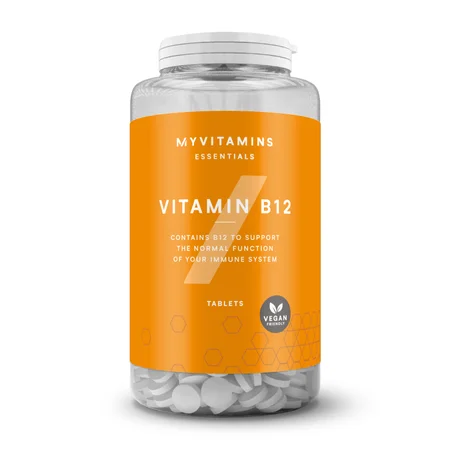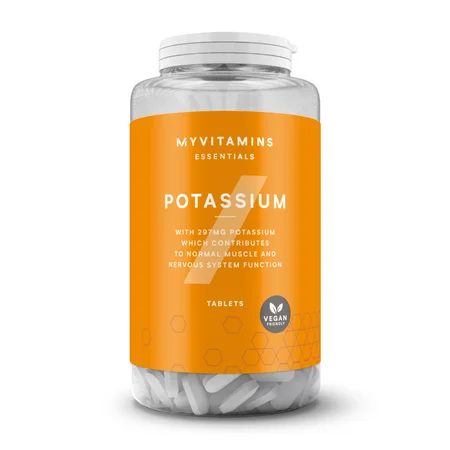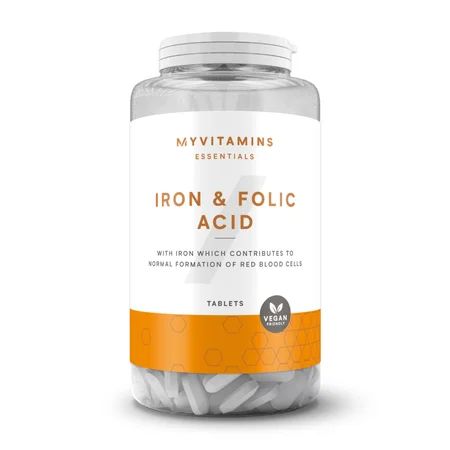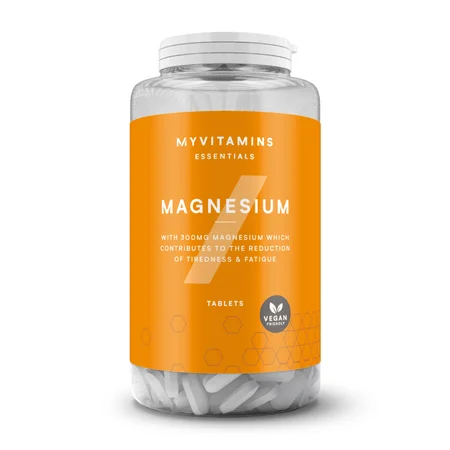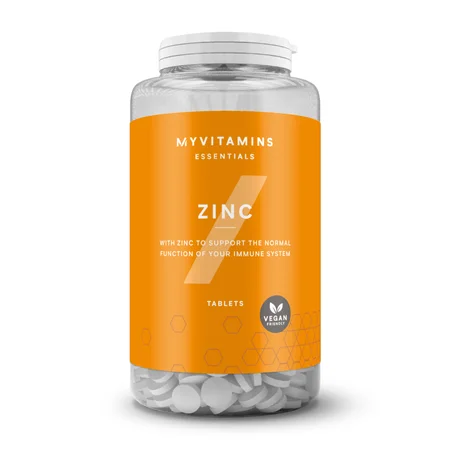Vitamin and Mineral Deficiency | Signs, Causes & Solutions

A balanced diet offers many benefits to the body. These range from physical support to the bones or immune system to mental wellbeing and cognitive functioning. A diet lacking in vitamins and minerals can lead to deficiency and a reduced quality of health.
- Bumpy Skin and Swollen Joints: Vitamin C Deficiency
- Low Immunity and Mood Swings: Vitamin D Deficiency
- Fatigue and Tiredness: Vitamin B12 Deficiency
- Dry Eyes and Skin Acne: Vitamin A Deficiency
And the signs, causes, and solutions to the following mineral deficiencies:
- Constipation and Muscle Weakness: Potassium Deficiency
- Cold Hands and Feet: Iron Deficiency
- Loss of Appetite and Nausea: Magnesium Deficiency
- Hair Loss and Poor Wound Healing: Zinc Deficiency
Signs, Causes & Solutions To Vitamin Deficiency
Bumpy Skin & Swollen Joints: Vitamin C Deficiency
Fruits and vegetables are the most abundant sources of vitamin C in the diet. However, research suggests only 28% of British adults are eating their recommended 5 portions per day. (1) Vitamin C is not stored in the body, so it is important to keep levels topped up to prevent deficiency.
Solution
To reduce the risk of vitamin C deficiency, the simple solution involves eating more fruits and veggies! Good sources include colourful options such as citrus fruits, peppers, broccoli, strawberries, and Brussels sprouts.
Low Immunity & Mood Swings: Vitamin D Deficiency
Vitamin D contributes to healthy bones, muscles, and immune function. (2) Reduced immunity and mood swings, including irritability and feelings of anxiety and depression, are common signs of a vitamin D deficiency.
Vitamin D, also known as the sunshine vitamin, is not easy to obtain from food. A small number of foods contain vitamin D, including fortified foods, but the best way to get your daily dose is through direct sunlight on the skin. Our bodies are able to synthesise vitamin D from sunlight exposure, so during the summer months, aim to spend plenty of time outdoors. Consuming a smaller amount of vitamin D-rich foods, and spending less time outdoors, can increase your risk of vitamin D deficiency.
Solution
While we can do our best to get outside in the summer months, getting your recommended amount of vitamin D can be more difficult during winter. This is especially true for those who spend more time indoors or those living within institutions such as care homes. Therefore, it’s vital to consume foods containing vitamin D, such as oily fish, red meat, eggs and fortified foods such as cereals.
Furthermore, for those in the risk groups mentioned above, it is recommended by the NHS to take a vitamin D supplement throughout the year. Myvitamins Vitamin D Softgels come in both vegan and non-vegan varieties, and contain 1250% of your daily vitamin D.
Fatigue & Tiredness: Vitamin B12 Deficiency
Vitamin B12 is a crucial vitamin that promotes psychological function, alongside maintaining energy and vitality. (3) When deficient, you may experience feelings of fatigue and tiredness. In more severe cases you may develop vitamin B12 deficiency anaemia, where your red blood cells become too large and are unable to function properly. This can lead to an extreme lack of energy, muscle weakness, and memory issues.
The main causes of vitamin B12 deficiency are from poor nutritional intake and lifestyle factors such as vegetarian and vegan diets. As vitamin B12 is primarily found in animal-based foods, those following plant-based diets may struggle to obtain an adequate amount.
Solution
It can take up to 4 months to correct a deficiency, but incorporating foods rich in vitamin B12 can help boost your intake. Foods such as meat, fish, milk, cheese and eggs are good sources of vitamin B12, and for vegetarians and vegans, there are fortified foods available. However, it is recommended to implement a supplement to ensure adequate intake.
Dry Eyes & Skin Acne: Vitamin A Deficiency
Vitamin A deficiency is rare, as vitamin A is a fat-soluble vitamin which can be stored in the body. This means that it is not necessary to obtain vitamin A every day. However, the leading causes of deficiency include nutritional shortfalls, fat malabsorption, or liver disorders.
Solution
Consuming a wide variety of foods within your diet can minimise risk of vitamin A deficiency. Foods such as liver, eggs, cheese, milk and oily fish are all great sources of this essential vitamin.
For vegans, consuming the antioxidant beta-carotene is the best way to boost vitamin A intake. Beta-carotene is converted into vitamin A in the body, and is best found in red-, orange- and yellow-coloured fruits and vegetables, such as apricots, carrots, sweet potatoes, peppers and mango.
Signs, Causes & Solutions To Mineral Deficiency
Constipation & Muscle Weakness: Potassium Deficiency
Potassium is involved in the balance of fluids within our bodies and normal muscle function. (5) It is an essential electrolyte required for drawing water out of the body and reducing the effects of sodium. Therefore, it is beneficial for keeping blood pressure healthy and improving hypertension or high blood pressure.
Solution
Including more potassium-rich foods in your diet can help reduce the risk of these symptoms. Good sources of potassium include bananas, seeds, broccoli, fish and poultry.
Eating a varied, balanced diet should provide you with all of your recommended potassium intake. However, for those who may struggle to find the time to cook a healthy meal, supplementation with potassium can ensure you are meeting your recommended intake.
Cold Hands and Feet: Iron Deficiency
Iron is important for a variety of functions in the human body. Cognitive function, red blood cell formation, oxygen transport and immune system function are just a few of these. (6) This means that deficiency can lead to a range of symptoms, including extreme fatigue, weakness, pale skin, cold extremities and shortness of breath. A low level of iron is known as iron deficiency anaemia.
Females who have heavy periods are more likely to experience iron deficiency and anaemia, as one of the main causes is loss of iron through menstrual bleeding. Therefore, those who experience periods are recommended a higher amount of iron within their daily intake.
Solution
To reduce the risk of iron deficiency and combat the negative side effects associated with it, aim to include more dark, leafy green vegetables, fortified foods, meat and pulses in your diet. Consuming vitamin C alongside your iron-rich foods has also been associated with increased iron absorption.
Loss of Appetite & Nausea: Magnesium Deficiency
Magnesium deficiency can result from factors such as poor dietary intake and heavy alcohol usage. Alcohol acts as a magnesium diuretic. This means that magnesium is depleted from the body’s tissues and expelled during increased urination, causing a reduction in total-body magnesium content.
Solution
Magnesium is present in several foods, such as spinach, nuts, wholegrains, seeds and low-fat dairy products. Increasing your consumption of these foods can help boost magnesium levels in the body and reduce risk of deficiency. Furthermore, it is suggested to keep to no more than the recommended 14 units of alcohol per week.
Hair Loss & Poor Wound Healing: Zinc Deficiency
Zinc is involved in macronutrient metabolism, wound healing, normal fertility, a healthy immune system and normal hair, skin and nail health. (8) Therefore, hair loss, irritability, increased infections, poor wound healing and symptoms similar to the common cold are typical symptoms of zinc deficiency.
The main cause of zinc deficiency comes from nutritional deficits. However, zinc is commonly found in meat and seafood, so vegetarians and vegans may also be more prone to deficiency. Similarly with magnesium deficiency, heavy alcohol intake may also affect zinc concentrations in the body.
Solution
Incorporating foods that are rich in zinc, such as meat, seafood, dairy, bread and cereals can improve zinc levels in the body. A varied, healthy diet should provide all the zinc you need for healthy functioning.
However, vegetarians and vegans who may find it difficult to obtain adequate amounts of zinc in their diets may consider a zinc supplement. Myvitamins Zinc Tablets aim to boost your zinc levels by providing 150% of your recommended daily intake in a vegan-friendly formula. This expert blend also contains vitamin C and calcium for further support to the immune system and bone health.
Take Home Message
Without vitamins and minerals in our diet, we can't feel our best day to day. For those with a busy lifestyle who are struggling with deficiency, supplements can help to boost your intake.
Talk To Your Doctor
If you're concerned about your symptoms or need advice about deficiency, speak to a medical professional.

- http://healthsurvey.hscic.gov.uk/data-visualisation/data-visualisation/explore-the-trends/fruit-vegetables
- Vitamin D contributes to healthy bones, muscle function, and immune function.
- Vitamin B12 contributes to psychological, nervous system and cognitive function. Vitamin B12 contributes to maintaining energy and vitality.
- Vitamin A contributes to maintaining normal skin and vision, and contributes to a healthy immune system.
- Potassium contributes to the maintenance of normal blood pressure and normal muscle function.
- Iron contributes to normal cognitive function, red blood cell formation, oxygen transport and immune system function.
- Magnesium contributes to nervous system functioning, energy metabolism, muscle function and a reduction in tiredness and fatigue.
- Zinc contributes to macronutrient metabolism, wound healing, normal fertility and reproduction, a healthy immune system and normal hair, skin and nail health.
